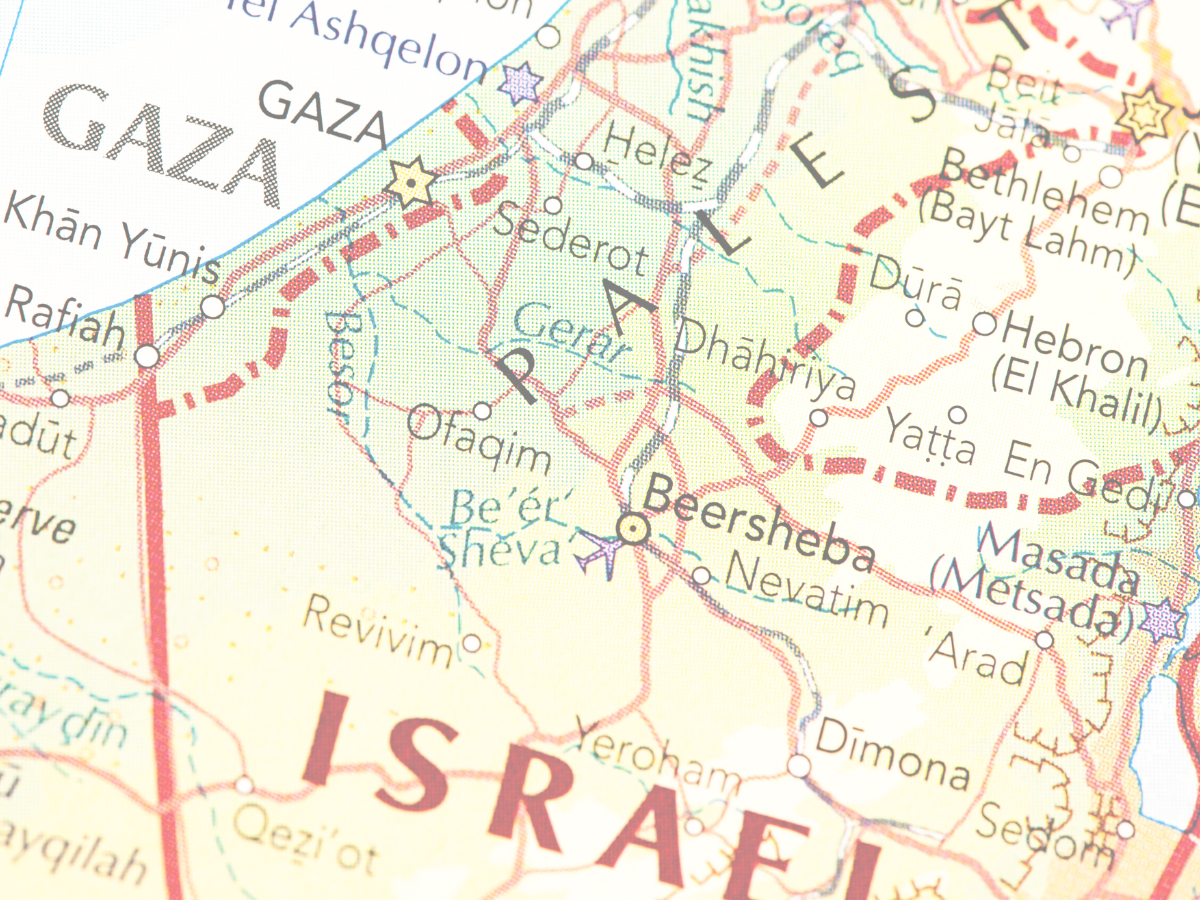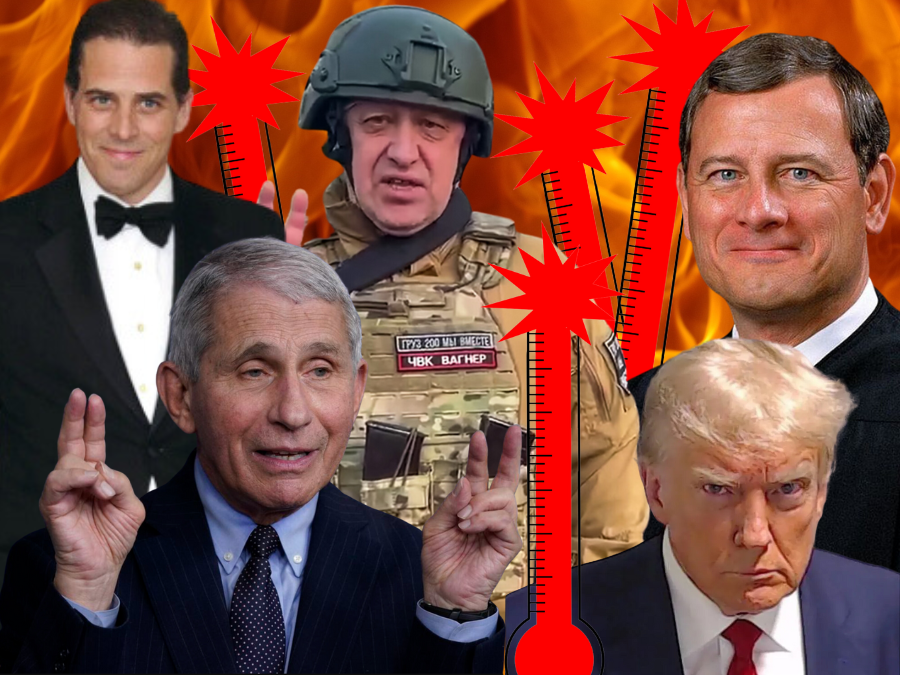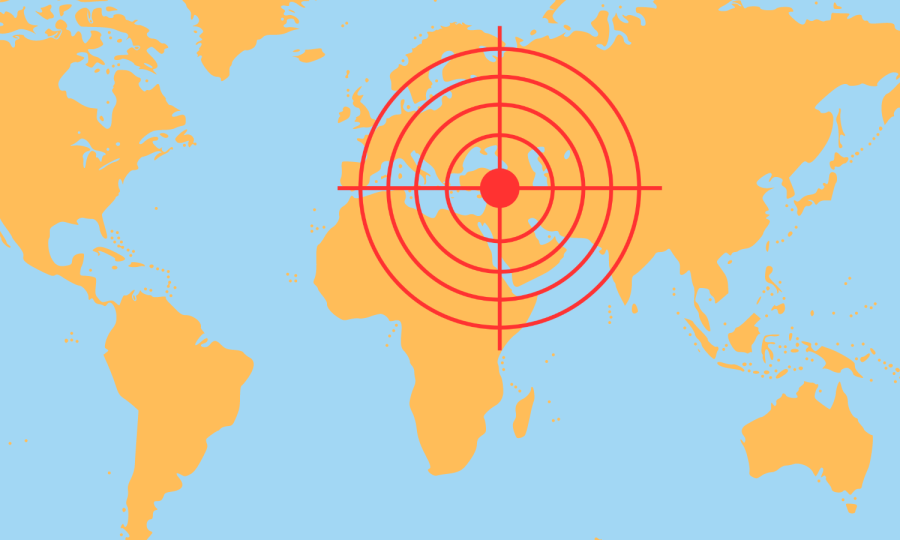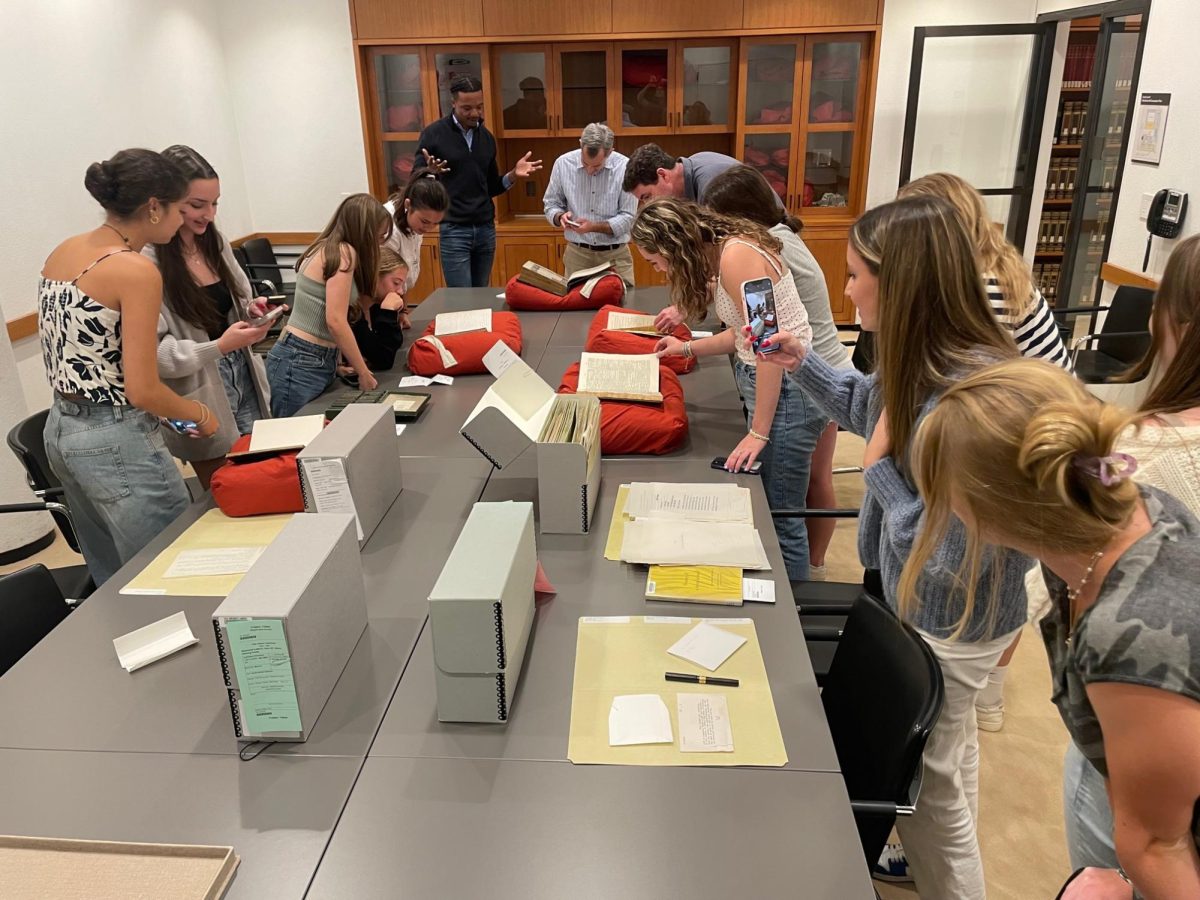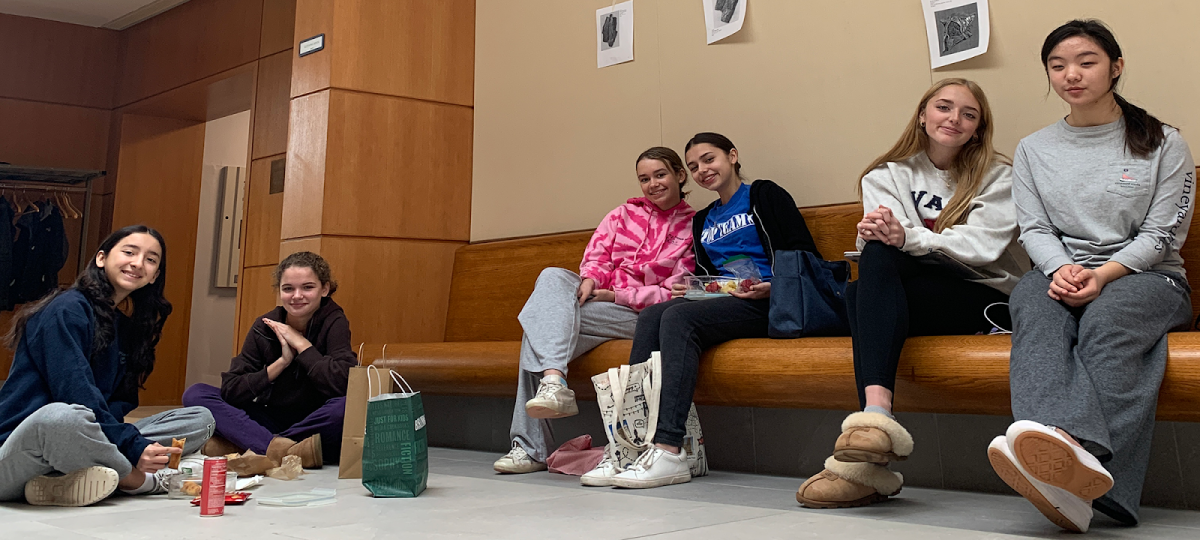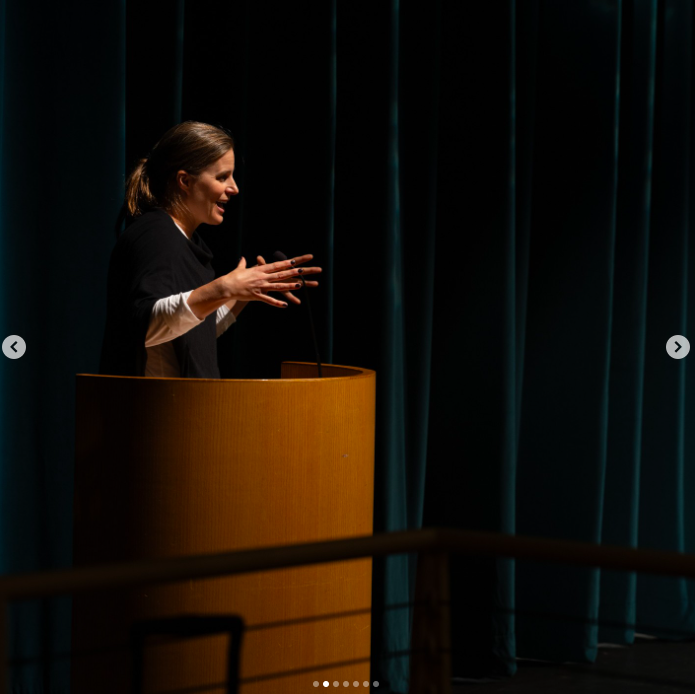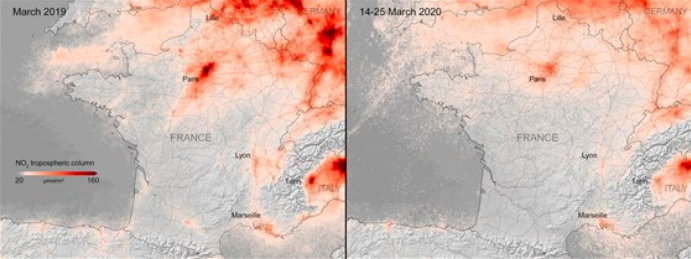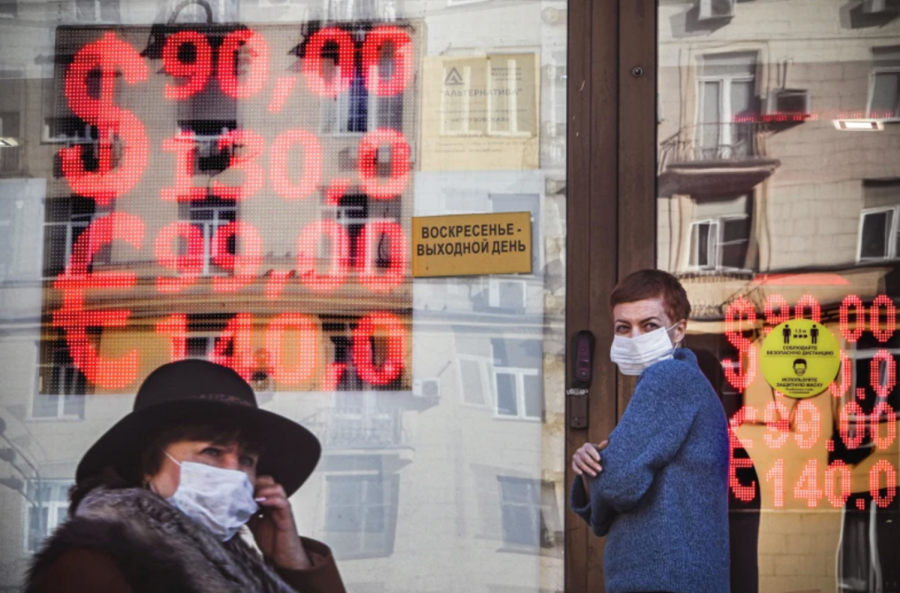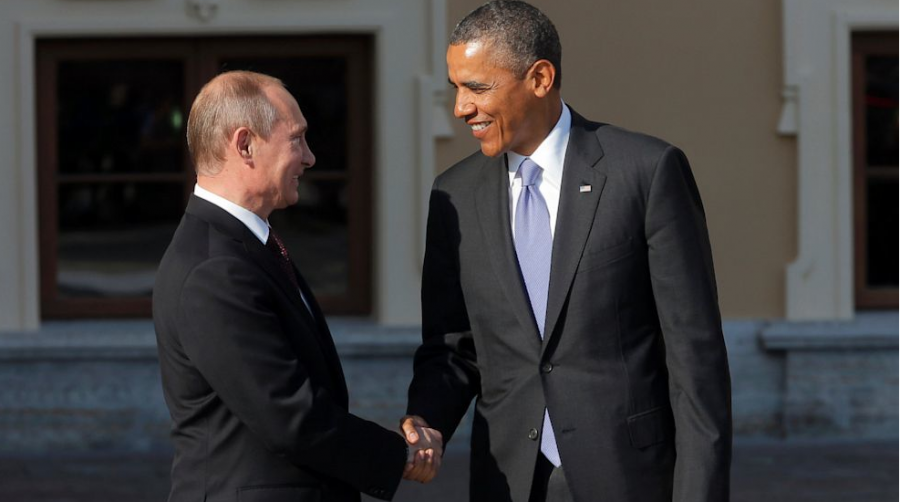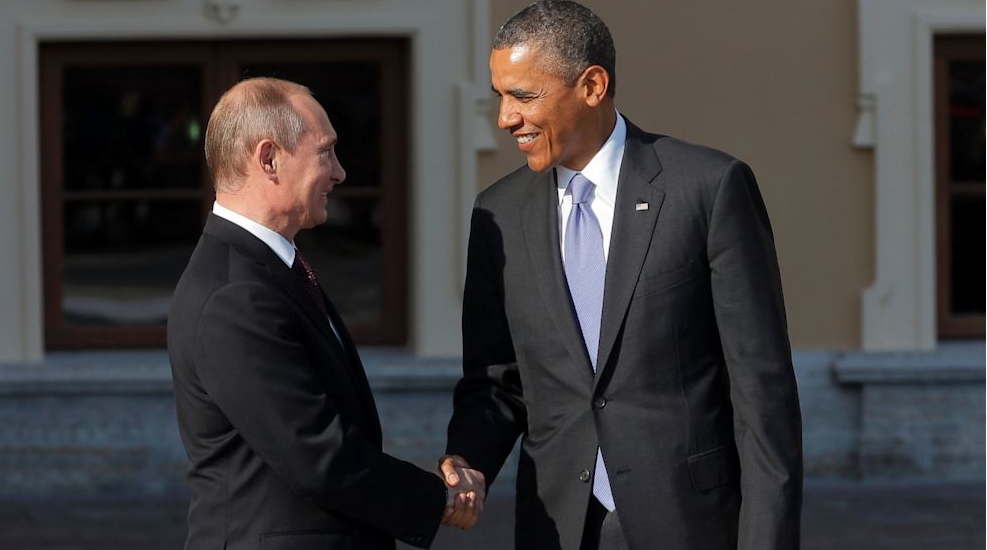
As a young citizen of the US, I was quite confused with all the talk about Syria last year. All I knew was that something terrible was happening, and a major international issue was taking root. So I began to investigate.
Over the last few months, I watched as the number of fatalities climbed, and the urgency to intervene grew exponentially.
The current death toll is over 110,000 people. And the UN confirmed on September 17th that President Bashar al-Assad used sarin gas – a deadly chemical weapon – in an August 21st attack on his own people.
It is important to be educated on exactly what has happened, or at least know a little more about the issue. Let’s start at the Cold War.
In 1956, the USSR (now Russia) nabbed Syria as an ally through a combination of diplomacy and the promise of weapons in exchange for access to warm water ports. Russia also helped the Ba’ath party take control of Syria in 1963 (the Ba’ath party is a secular political party that advocates for a socialist, pan-Arab state).
In a few years, Hafez al-Assad became president. He established a period of stability in Syria by improving the economy and creating a Syrian constitution. However, Assad killed many dissidents and was tyrannical, both in war and to anyone who opposed him.
He was also Alawite, part of a minority sect of Shi’ite Muslims. The majority of Syria was (and continues to be) Sunni Muslims, who see Alawites as apostates who have rejected the teachings of Islam. Furthermore, the Assad regime granted privileges to Alawites, creating more tension between the powerful minority, and the disenfranchised majority.
Fast forward– Bashar al-Assad, Hafez’s son, is now in power. Many hoped he would bring stability and peace to Syria, but that dream was quickly vanquished with his violent reaction to the Arab Spring.
In March 2011, anti-Assad protests erupted in Daraa, a city in southwestern Syria, where security forces allegedly opened fire on non-Alawite civilians. The government soon turned to military force to retaliate against the fighters opposed to the Assad regime, thus instigating a civil war.
The United Nations began discussing Western intervention in Syria. But Russia– because of Cold War ties with Syria and Syria’s possession of Russia’s only warm-water ports in the Middle East– vetoed all UN attempts to take action against Assad.
Meanwhile, the death toll continued to climb among non-Alawites. Early 2012 saw rebel forces reaching Damascus, the capital of Syria, as well as other large cities. Rebel forces now include the Free Syrian Army, which was created from defected members of Assad’s military.
However, rebels who originally fought for democracy have now broken apart. While some are still fighting for Syria’s freedom, there are many who, for instance, support Al Qaeda.
Why is the US involved? Well, in March 2013, President Obama warned Syria against transgressing a “red line” of international policy that banned the use of chemical weapons against civilians.
As noted above, the UN has recently confirmed Assad’s use of chemical weapons.
This prompted Obama to state that America would enforce the “red line” policy– even without UN support. He then let the decision of intervention in Syria to go to Congress (even though the majority of US citizens are against the idea of another Middle Eastern war).
Obama and Secretary of State John Kerry wanted America to get involved. They asked Congress to vote to sanction the use of American military force against Syria. The vote has been postponed thanks to a diplomatic breakthrough on September 14.
John Kerry and Russian Foreign Minister Sergey Lavrov agreed to use the unified sway of their countries’ diplomatic powers to get rid of Syria’s chemical weapons inventory and impose penalties should the Assad regime fail to comply with the terms. Negotiations on a draft are close to being finalized as the United States and Russia struggle to reach an agreement that are acceptable to both countries.
Back in Syria, things have been unstable. The thirteen rebel groups, led by the al-Qaeda linked al-Nursa front, have rejected a Western-backed opposition group (the Syrian National Coalition) and called for supporters of the opposition to embrace Sharia law in a statement released yesterday, September 24th. UN investigators also arrived in Damascus to look into more claims of chemical weapon use.
As of September 25th, 2013, these are where the negotiations stand.
We can only hope an end to this horrific and complicated civil war will come soon. Meanwhile, you can help by giving clothing donations to the two million plus Syrian refugees at the clothing bin in the Upper School.





